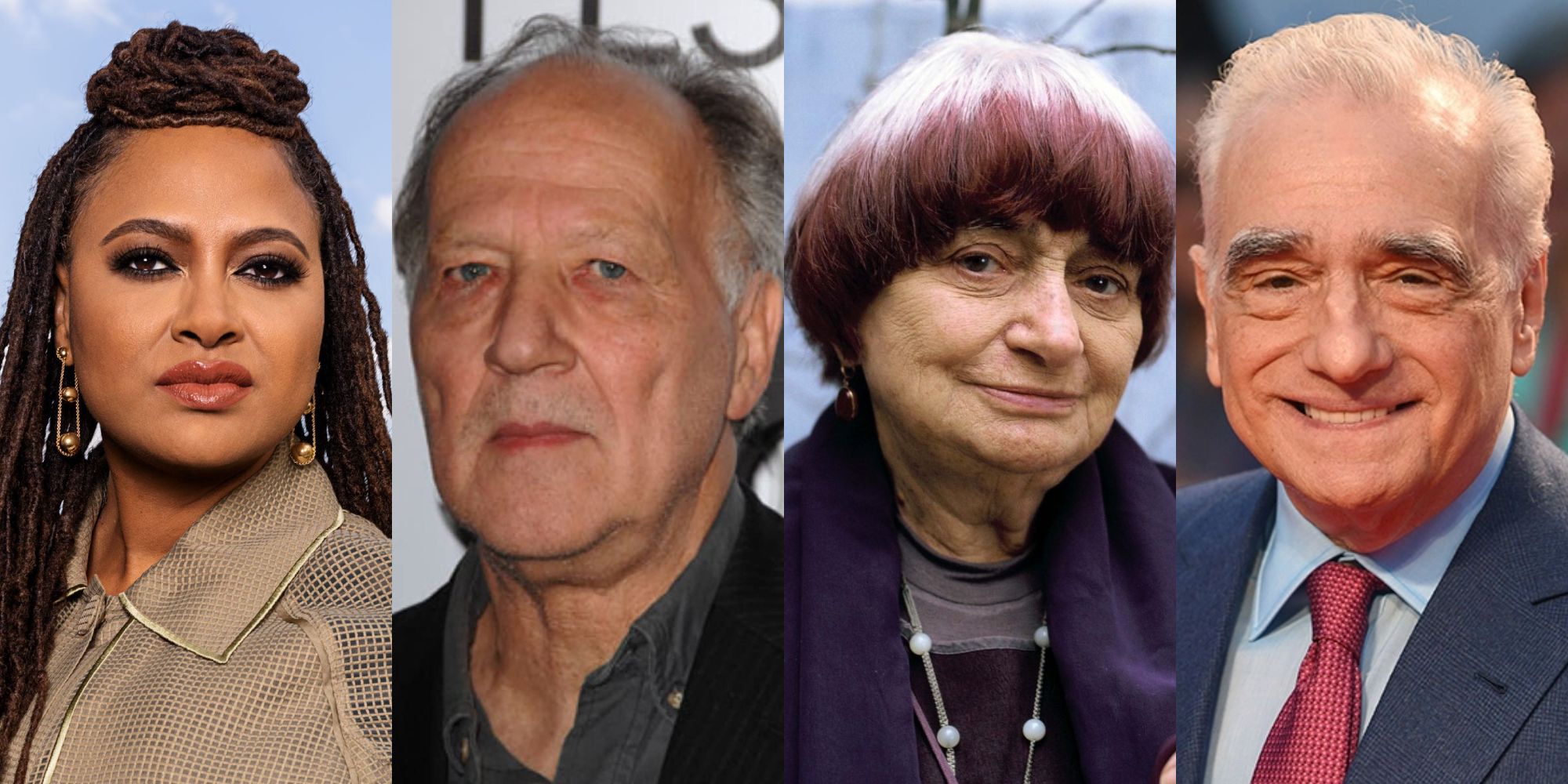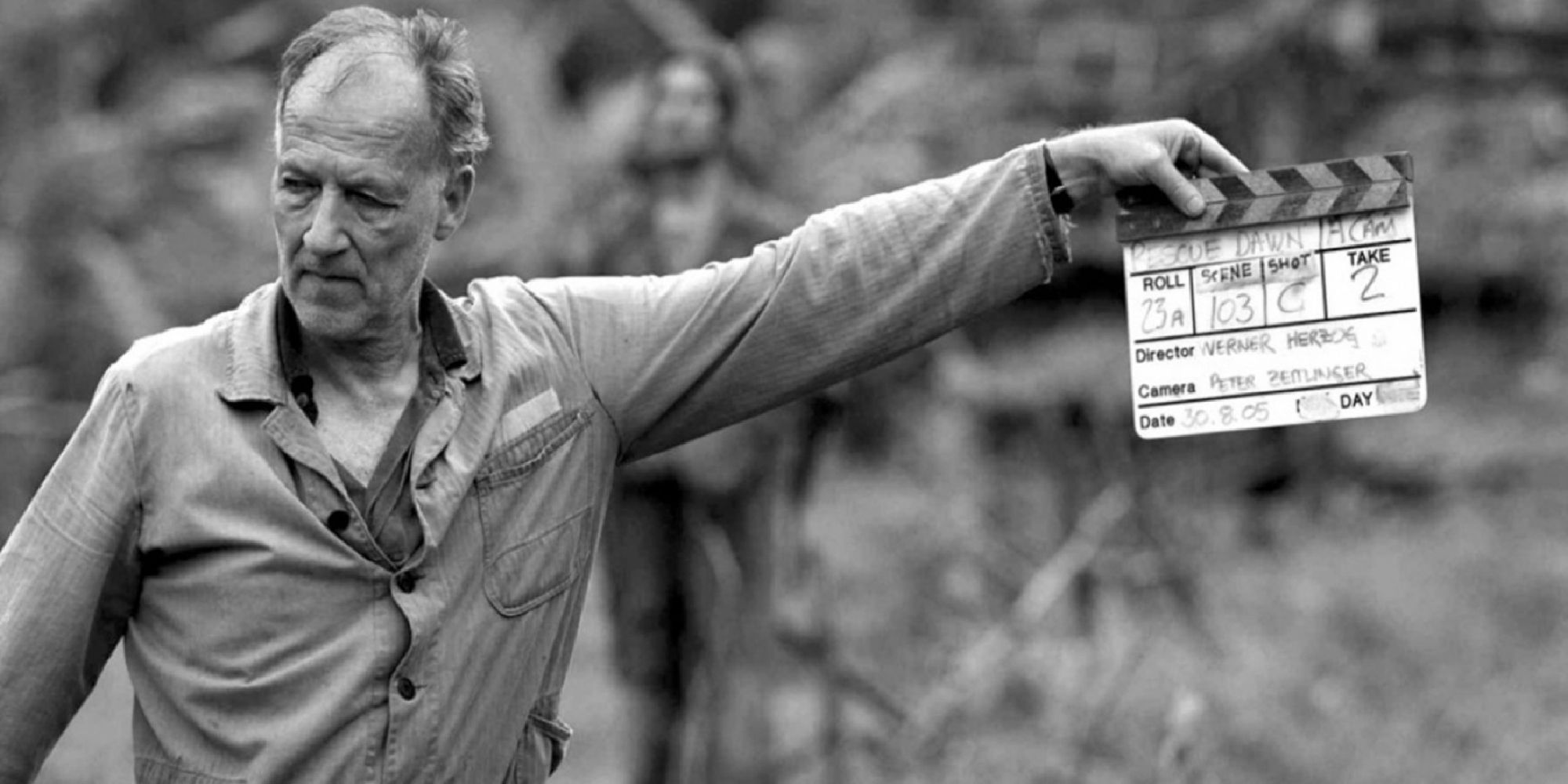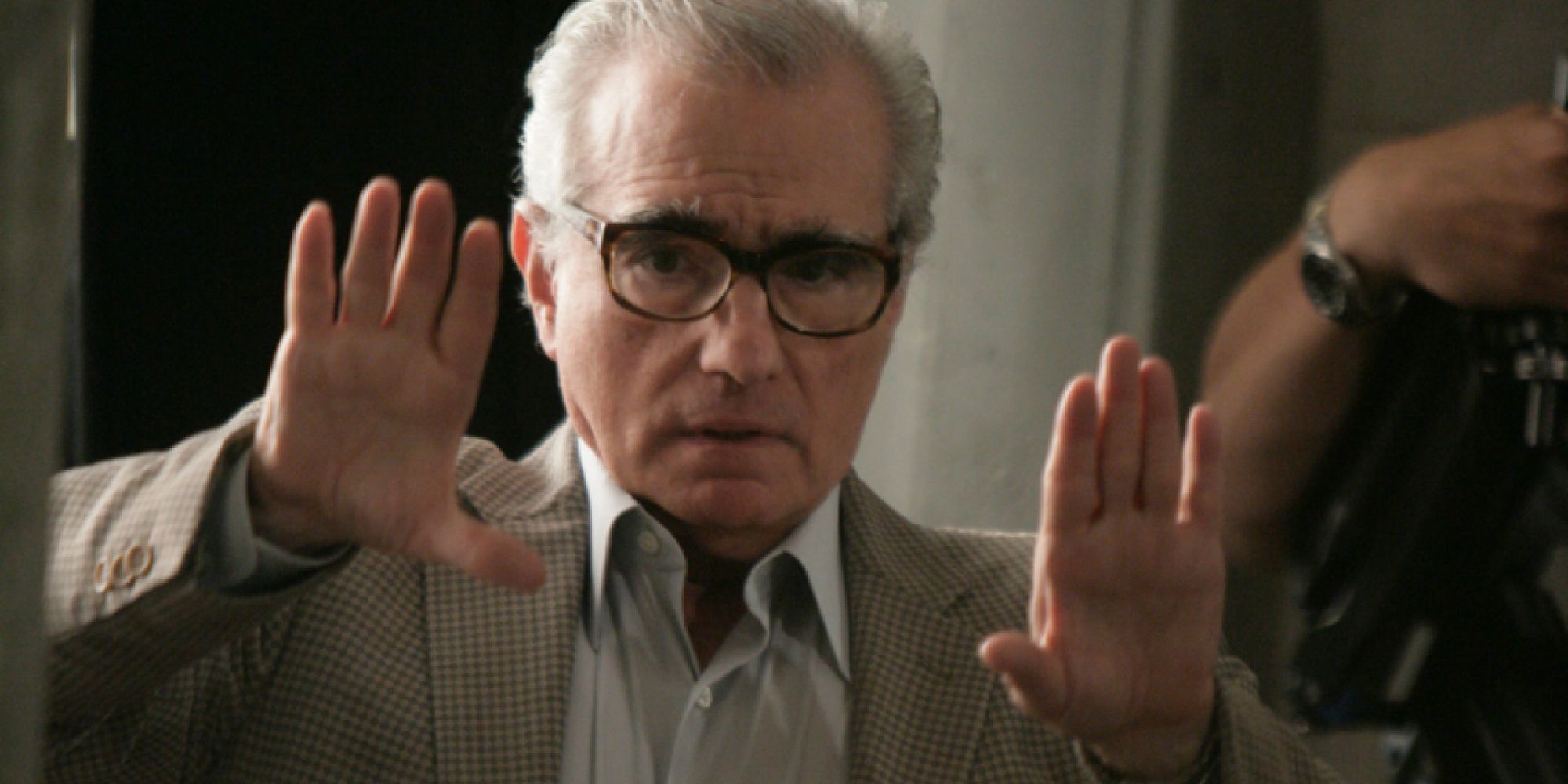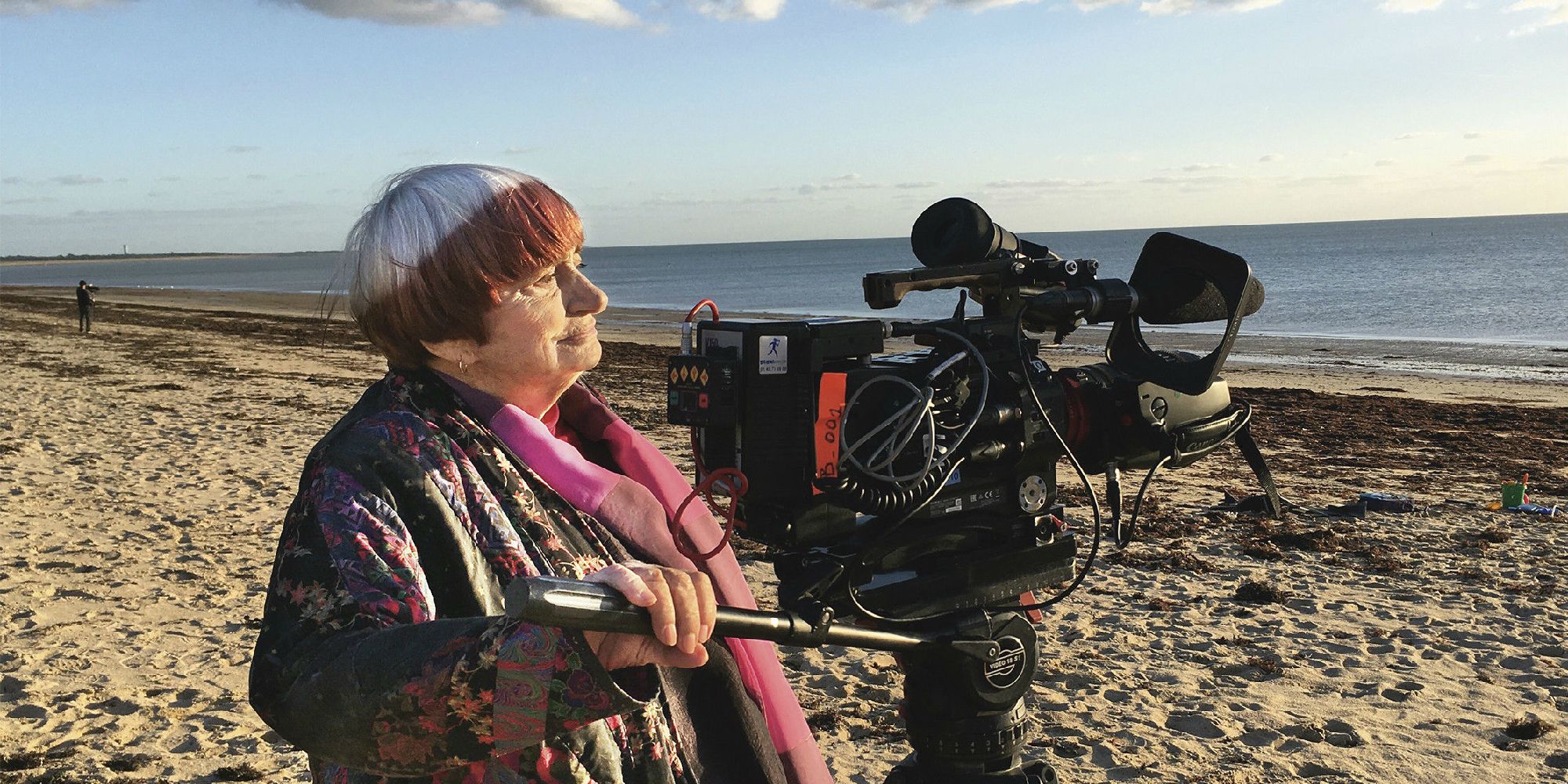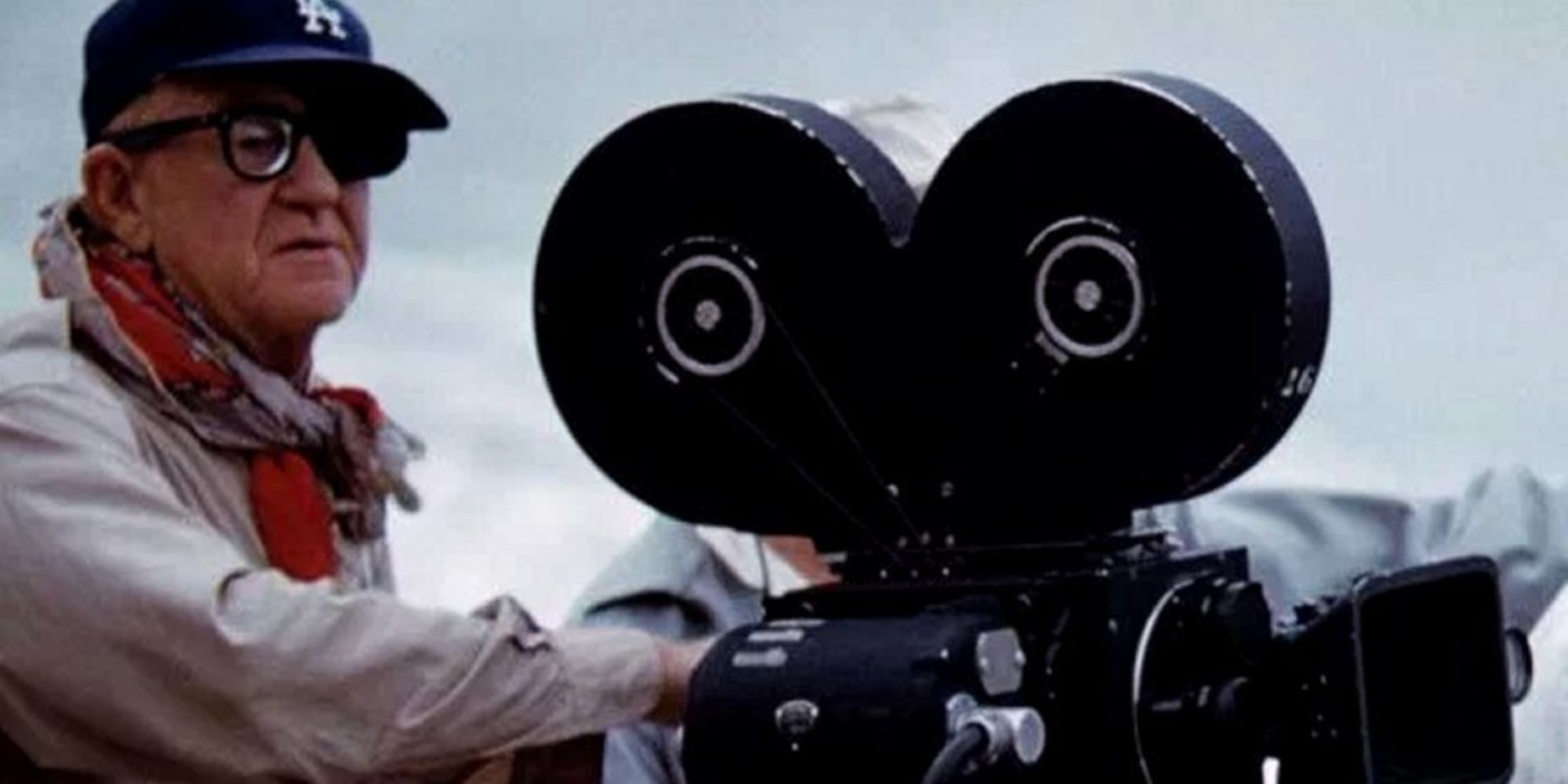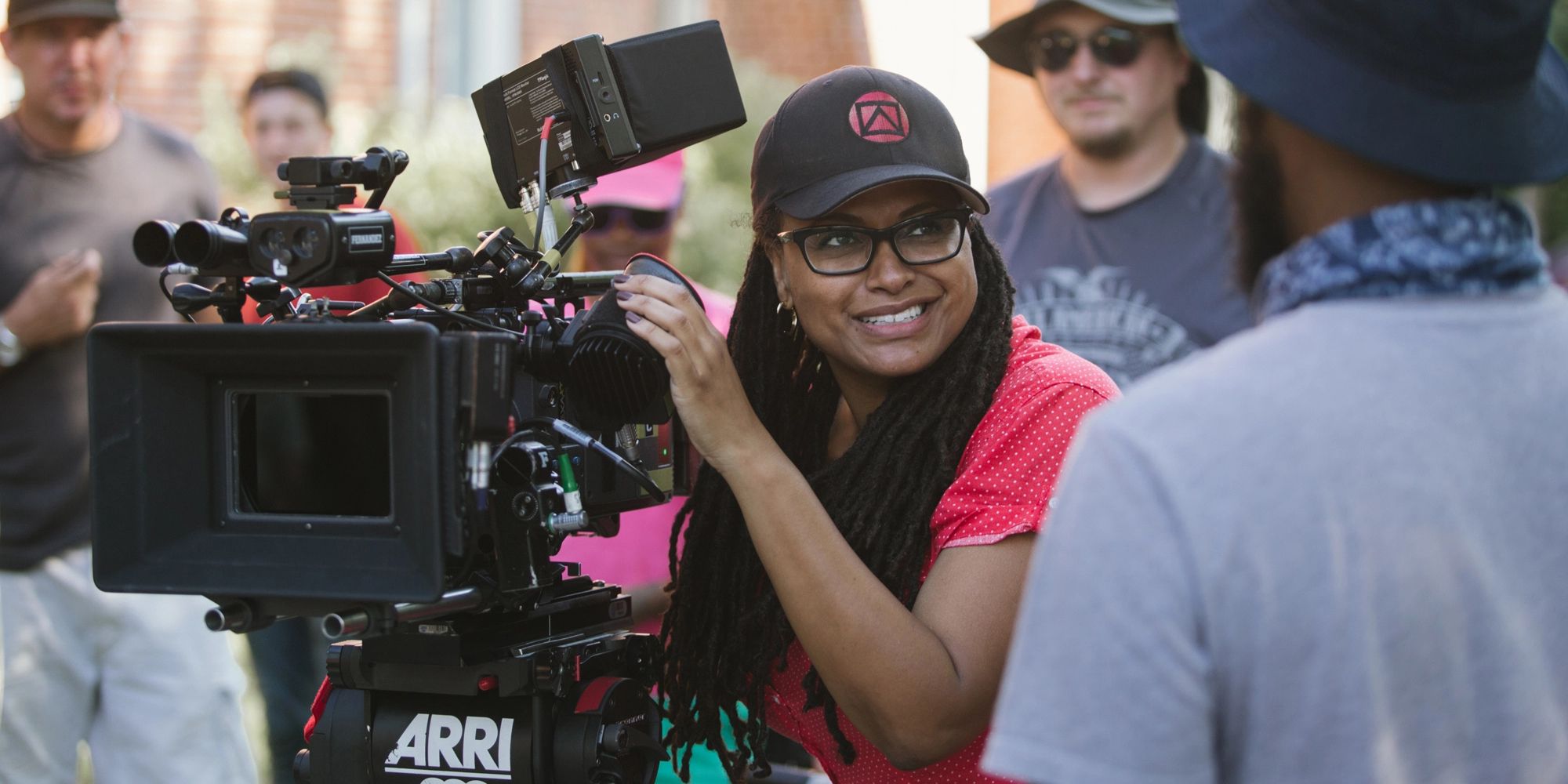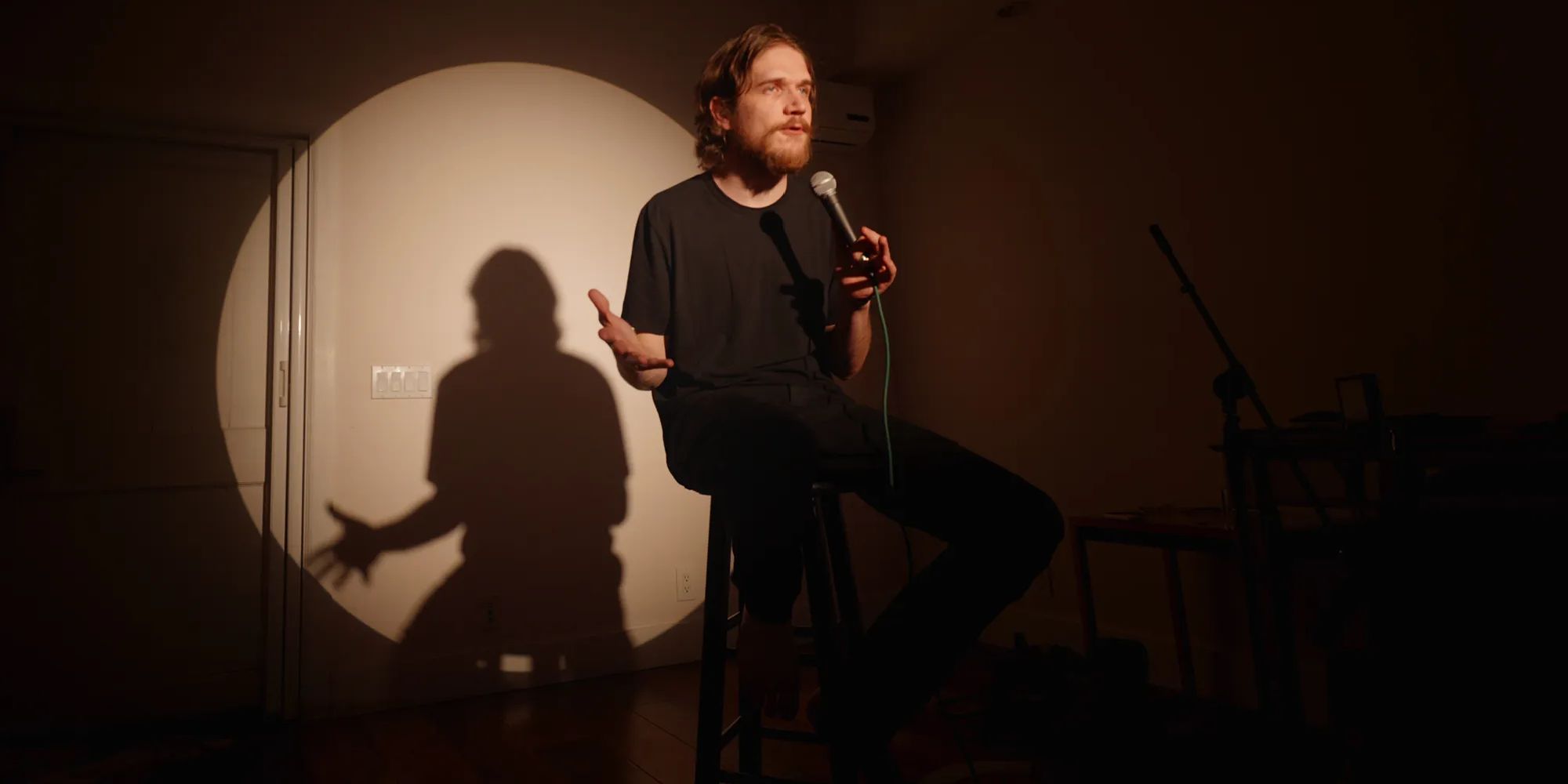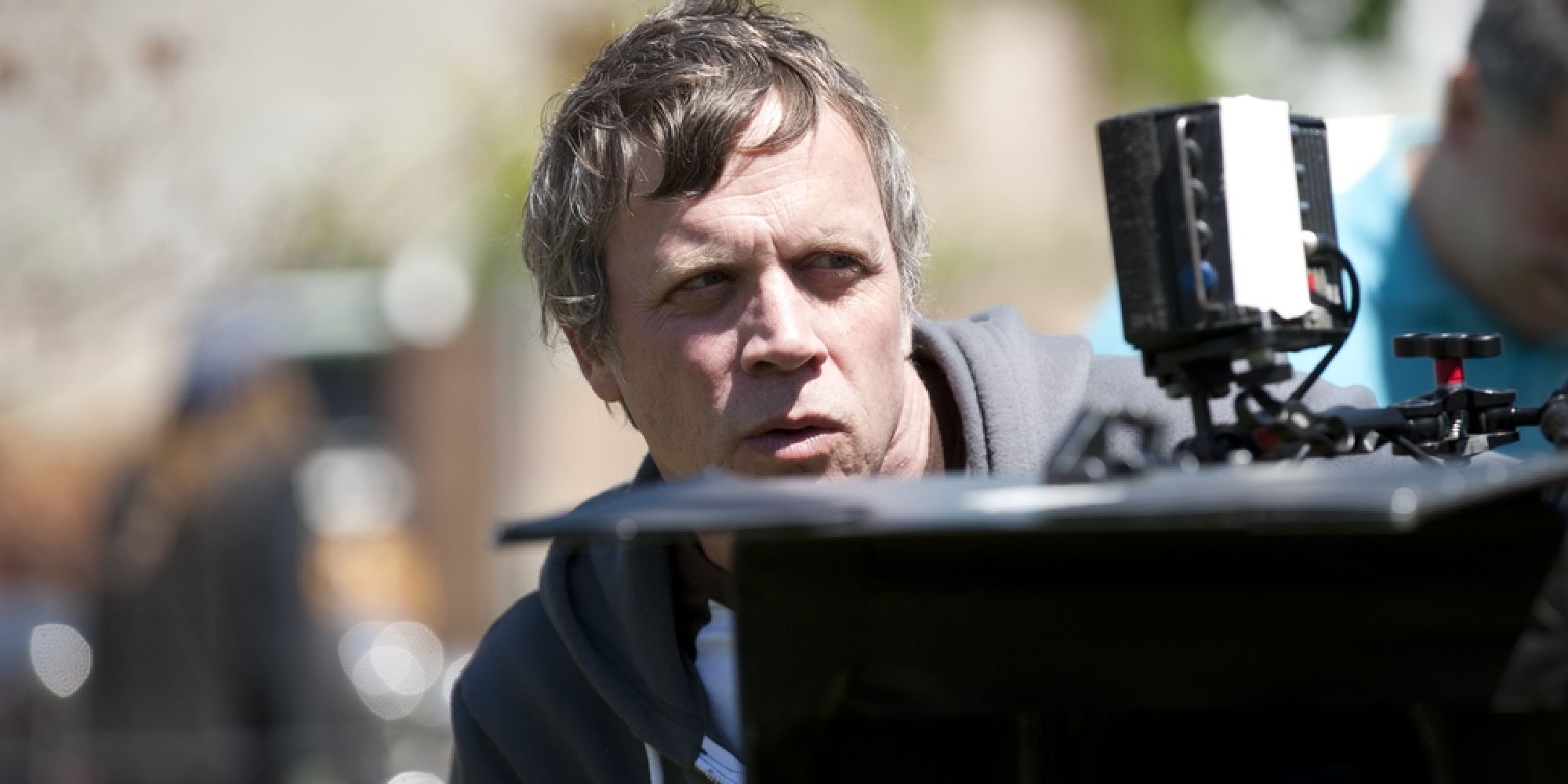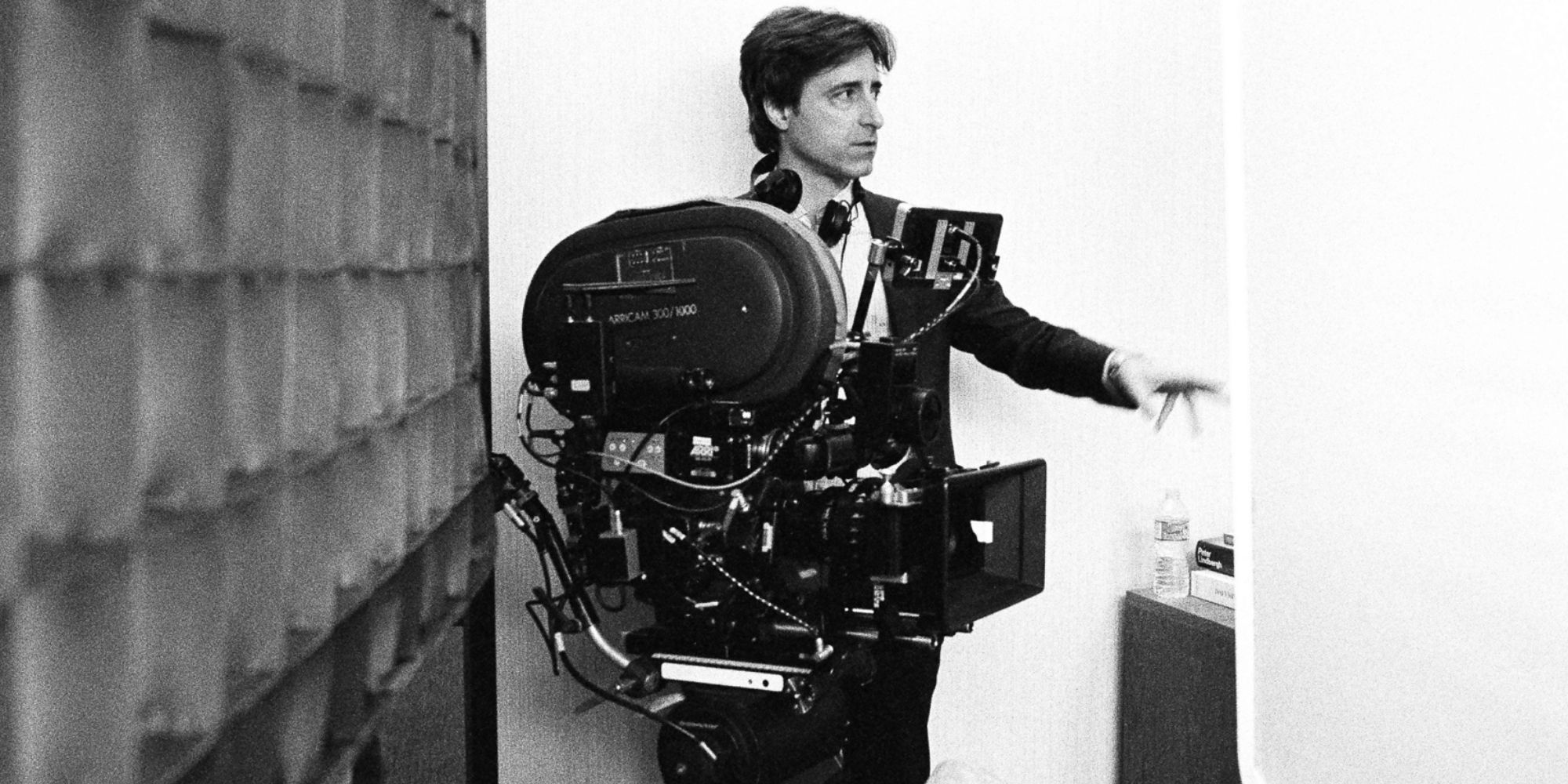Making a documentary isn't as different from making a fictional film as you might think. Ultimately, whether filming real-life events or shooting actors reading lines, film - as a medium - generally aims to tell a story. While documentaries often capture reality, they usually do more than just present it, and filmmakers need to make those real-life events exciting or thought-provoking through a narrative.
That makes it surprising, then, that there aren't more filmmakers who specialize in making both documentaries and "normal" feature films. As it seems pretty standard that most directors are either one or the other, it's worth highlighting eight directors who've established themselves as skilled at making both. Whilst few are split 50-50 between the two formats, the following eight have all directed at least one notable documentary and feature film.
Werner Herzog
Werner Herzog is a German filmmaker who's equally celebrated as a feature film director and a documentarian. For over five decades, he's made great examples of each, with his most celebrated features including films like Aguirre, the Wrath of God and Bad Lieutenant: Port of Call New Orleans, and his most critically acclaimed documentaries including Grizzly Man and Cave of Forgotten Dreams.
He's well-known for being eccentric and quirky - as well as using some unusual filmmaking techniques - and exploring the extremes of humanity in his films and documentaries. Herzog's work always has an unusual but captivating energy, and as a filmmaker and documentarian, he is truly one of a kind, and undoubtedly a living legend of the film world.
Martin Scorsese
Martin Scorsese is best known for his crime films, like Goodfellas and The Departed, as well as his character studies, like Raging Bull and Taxi Driver. Yet his efforts as a documentary maker often go overlooked, as some of his best work has been within the documentary genre.
Perhaps the most famous of his documentaries is The Last Waltz, which is a film about The Band's farewell tour. Scorsese has also made music documentaries about George Harrison and Bob Dylan (two, in fact, for the latter), and also directed two four-hour long documentaries about the history of film - one on Italian cinema (My Voyage to Italy) and one on American cinema (A Personal Journey with Martin Scorsese Through American Movies) - both of which are fascinating and essential watches for all cinephiles out there.
Agnès Varda
Agnès Varda was a legend of French cinema who started directing in 1955 and released her final film in 2019 - 64 years later - in the same year she passed away. With 59 directing credits, it was almost one film a year, and she divided her time between making dramas that often had strong feminist themes and documentaries that explored a wide range of unpredictable topics.
From French New Wave classics like Cléo from 5 to 7 to charming modern documentaries like Faces Places, Varda's films were always fascinating and unmistakably her own. With a strong personal style and a relentlessly unique way of looking at the world and analyzing humanity's place in it, Agnès Varda remains one of the greatest and most well-known filmmakers to master making both feature films and documentaries.
John Ford
John Ford was an American director best known for his westerns and historical dramas, many of them starring Western icon John Wayne. Before WW2, he released well-known (and still well-appreciated) films like Stagecoach and The Grapes of Wrath, while in the decades after the war, he made films like The Searchers and The Man Who Shot Liberty Valance.
During WW2 is where Ford dipped into documentary filmmaking, though, with a series of films made about the war, during the war. For all intents and purposes, some could be considered propaganda by today's standards, but historically speaking, it's interesting that Hollywood got one of its biggest directors (and a few others) to focus solely on documentary filmmaking for roughly four years; about as long as America's involvement in the global conflict lasted.
Ava DuVernay
Ava DuVernay has mostly focused on making feature films and miniseries' during her directing career so far. 2014's Selma was a compelling and critically acclaimed historical drama about Martin Luther King Jr., and her miniseries When They See Us earned a similar level of praise when it was released in 2019.
DuVernay's most acclaimed project so far, however, might be her most well-known documentary, 13th, which is a powerful and passionate look at the problems of the prison system in the U.S., focusing on the disproportionate numbers of African-American prisoners within it. It's remarkably well-argued and presented, and among the best documentaries of the 2010s, proving DuVernay is a force to be reckoned with when it comes to both feature films and documentaries.
Bo Burnham
Whether Bo Burnham has directed any documentaries might depend on your definition of the word. Something like his most recent special, Inside, is a little too extravagant to feel like a documentary (and it's not trying to be one, either), but Burnham has directed three standup specials where he himself was not the standup comedian on stage. These could be defined as "documenting" live performances, and one was for Chris Rock in 2018's Tamborine, while he's been the man behind the camera twice for comedian Jerrod Carmichael, once in 2017 and again in 2022.
Then on the other end, there's Eighth Grade (2018), which is a charming coming-of-age comedy-drama about a 13-year-old girl and the struggles that come with being in your early teens. Burnham got some great performances out of his young cast, particularly Elsie Fisher in the starring role. Hopefully, Burnham will continue making features as well as directing specials, because Eighth Grade made for a great feature film debut.
Todd Haynes
Todd Haynes tends to make dramas that are set in the past, and often are inspired by real-life historical figures. His 1998 film, Velvet Goldmine, isn't officially about two of the most iconic musicians of the 1970s, Iggy Pop and David Bowie, but definitely takes inspiration from their stories. And then his 2007 film I'm Not There is more explicitly about Bob Dylan, yet doesn't tell his life story so much as give an impression of the different stages of Dylan's life, as several actors portray him throughout the film.
2021 gave us a direct Todd Haynes documentary, though, in the compelling, enjoyable, and offbeat Velvet Underground documentary quite simply called The Velvet Underground. It contains some of Haynes' idiosyncratic style, but does more or less conform to documentary conventions. Still, it's well put together and tells the story of a very interesting band very well, so hopefully, Haynes will tackle the documentary genre again sometime soon.
Noah Baumbach
Noah Baumbach has a number of very well-made feature films under his belt, and he's a skilled director when it comes to making grounded, sometimes uncomfortably real human dramas. Most recently, Marriage Story garnered a huge amount of praise, and his earlier efforts like The Squid and the Whale and Frances Ha also hold up well.
He's co-directed a single documentary, and hopefully, it's not the last time he makes one, as the 2015 documentary in question - titled De Palma - is a great watch. It looks at the career of the iconic American filmmaker Brian De Palma in a fast-paced, entertaining way, and while watching it, it's evident the filmmakers were passionate about their subject. If it's the only documentary Baumbach ever touches that'll be a shame, but at the very least, at least it's a great one.

